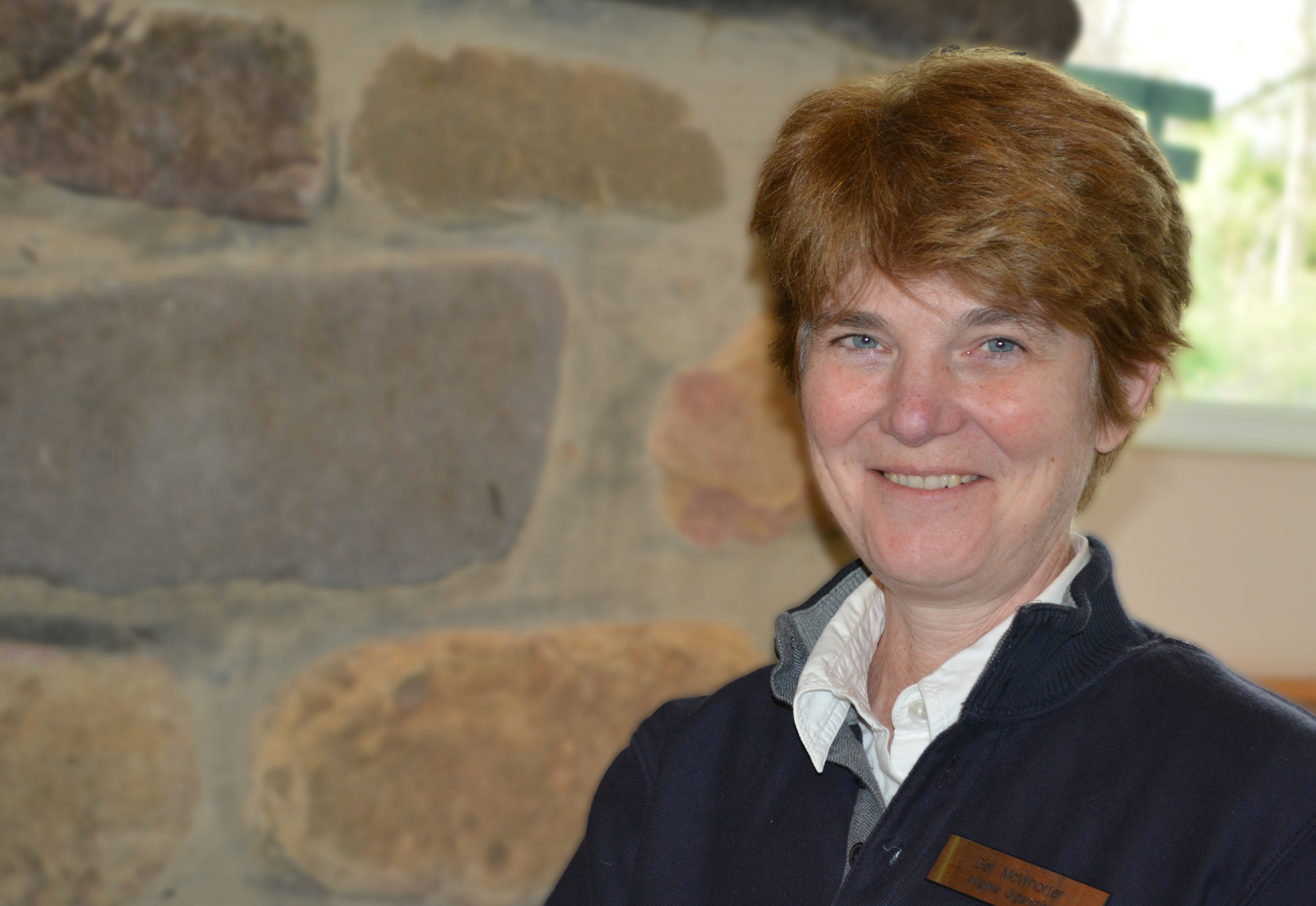This week, Terrence M. Cunningham, the president of the International Association of Chiefs of Police, spoke out about the need to build relationships — and trust — among people of color.
Unfortunately, his remarks were based in past events instead of the very real present danger to black and brown Americans today.
Chief Cunningham apologized to communities of color for how police have treated them in the past. He wants to move on and develop new relationships built on trust. Chief Cunningham got several things right — many of the laws of our society were not designed to protect black and brown people and police have often been the face of that oppression. But he also got something very wrong — these acts of violence are not in the past.
Systemic racism means that racism is present in every aspect of our lives. It is the foundation upon which our nation was built. Our government, and the police who enforce the laws, are products of racist systems.
For example, in my state of Virginia, our legislature continues to enact laws that further racial divisions and alienate communities of color. Just this past year, leaders of the Virginia General Assembly sued Governor Terry McAuliffe to try to stop him from restoring the rights of former felons. People who commit felonies lose the right to vote permanently in Virginia unless restored by the governor, as called for in our state constitution — a part of the constitution that was enacted specifically to prevent people of color from voting.
We have to dismantle those racist systems piece by piece, and we can do it by building relationships and moving people to action. Allow me to show you how Virginia Organizing has taken the initiative.
Over the past several years, Virginia Organizing leaders in Danville met with Police Chief Philip Broadfoot to discuss racial profiling that was happening in their community. This racial profiling included acts like stopping people of color for no reason and harassing people of color for just walking down the street. After many relationship-building meetings, the chief agreed to hold a joint media conference with Virginia Organizing to highlight the availability of complaint forms for community members who have experienced this discrimination.
While this was a small step, this gesture held weight. Here was the Danville Chief of Police telling people in his community they should come forward with complaints about possible police officer misconduct.
We have been encouraging data collection for racial profiling and, because of relationships that have been built across Virginia, we’ve been able to get some police chiefs to do this on their own.
Virginia Organizing also knows that if we really want to dismantle racist systems, we have to look at our schools where black and brown students are being suspended or expelled and referred to law enforcement at alarmingly disproportionate rates for minor infractions like picking a leaf off of a plant or kicking a trash can. Sadly, Virginia has the highest rate of student referrals to law enforcement in the nation.
When Virginia Organizing stood before the Harrisonburg City Council and asked them to seek out qualified employees of color, it was after a campaign of raising awareness and building relationships with city council members. When we asked the City of Charlottesville to ban the criminal history box on public job applications and ask private employers to do the same, it was after years of organizing and empowering people to share their stories. And the mayor took action on our request after hearing directly from returning citizens who just want a chance to work.
And since we all have implicit bias and have grown up in racist systems, Virginia Organizing holds Dismantling Racism workshops all across the state so individuals can learn how to change racist systems and build important relationships across racial lines.
The racist laws of the past are not gone. The perception that black men are dangerous still exists and many police officers still hear this tape playing in their minds — and act on their fears. This is not happening in the past; it is happening now. These are the truths that Chief Cunningham failed to address. We don’t solve these systemic problems in speeches; Virginia Organizing focuses on building relationships and taking action to make long-term systemic changes.





